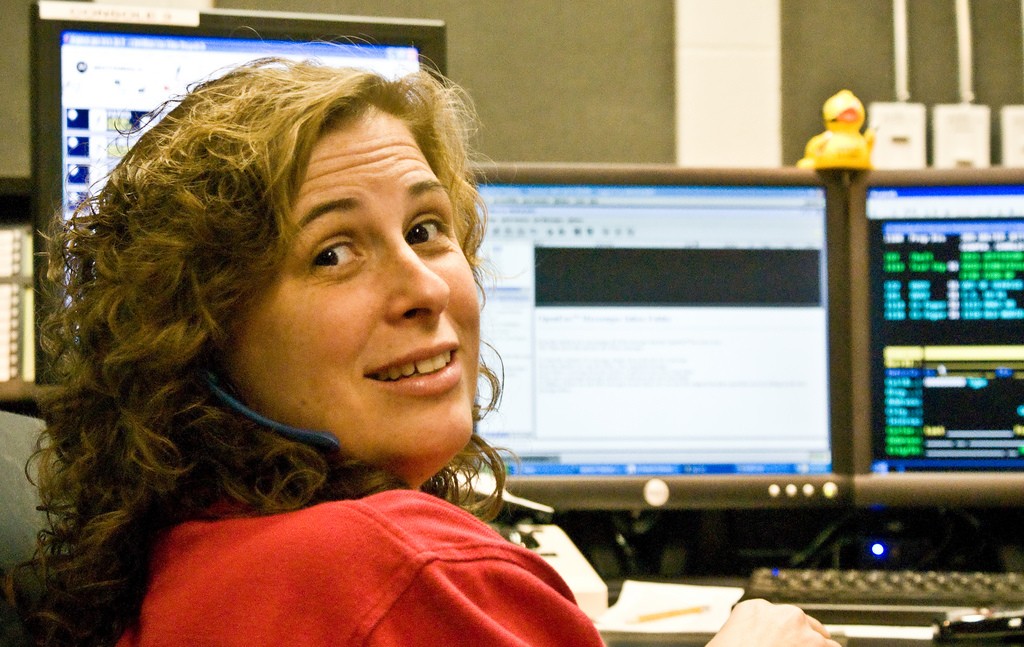 Learning on the job is great, unless someone’s life or job depends on it. I often meet workplace managers who run quite successful businesses, yet feel somewhat lost, ill prepared, when a conflicted employee knocks on their door. On the contrary, 911 emergency dispatchers know exactly how to respond.
Learning on the job is great, unless someone’s life or job depends on it. I often meet workplace managers who run quite successful businesses, yet feel somewhat lost, ill prepared, when a conflicted employee knocks on their door. On the contrary, 911 emergency dispatchers know exactly how to respond.
The effective 911 dispatcher and workplace manager both focus on making the right connection(s).
The (effective) 911 emergency dispatcher:
- Proactively prepares; has context-specific training and experience, is mentored in the dispatcher role, and knows emergency response policies and procedures.
- Listens to understand; constructively questions and probes the caller in order to collect vital information, and better analyze the situation.
- Triage the need; decides on response, and coordinates communication between caller and emergency services; e.g., fire, police, ambulance.
- Maintains connection; stays on the phone with the caller; reassuring, instructing, until emergency service arrives.
- Stays cool under pressure; self- explanatory.
The (effective) workplace conflict manager:
- Is ready, when the knock-on-the-door comes; when the employee shows up at their (open, naturally… right?) door, they are conflict self-aware when it comes to responding to conflict, versed in the conflict management options available in the organization, have established relationships with conflict management providers, and know the organization’s policies and procedures, well.
- Creates a safe space for information exchange; provides a psychologically safe environment, and through active listening, enables the employee to share what’s important to them.
- Connects employee with appropriate resource(s); e.g., training course, conflict coach, peer support, external mediator, HR/EAP…
- Follows up with employee; in a timely manner, to ensure employee’s needs are being addressed, reality check.
- Stays cool under pressure; demonstrates authenticity and leadership; contributes to making conflict the organization’s strategic advantage.
The 911 dispatcher and the workplace manager: essential connectors in time of conflict. They don’t need to provide the solutions, themselves. They do need to care for the caller/employee and help them get what they need.
The 911 dispatcher: a metaphor that workplace managers can use, to become more skilled in responding to conflict. Habits are hard to change. A good metaphor helps understand what’s needed to make change.
photo credit: LewLegacy on flickr
[Ben Ziegler provides conflict management services for small to medium-sized businesses, nonprofits and local governments. Contact Ben.]

Speak Your Mind